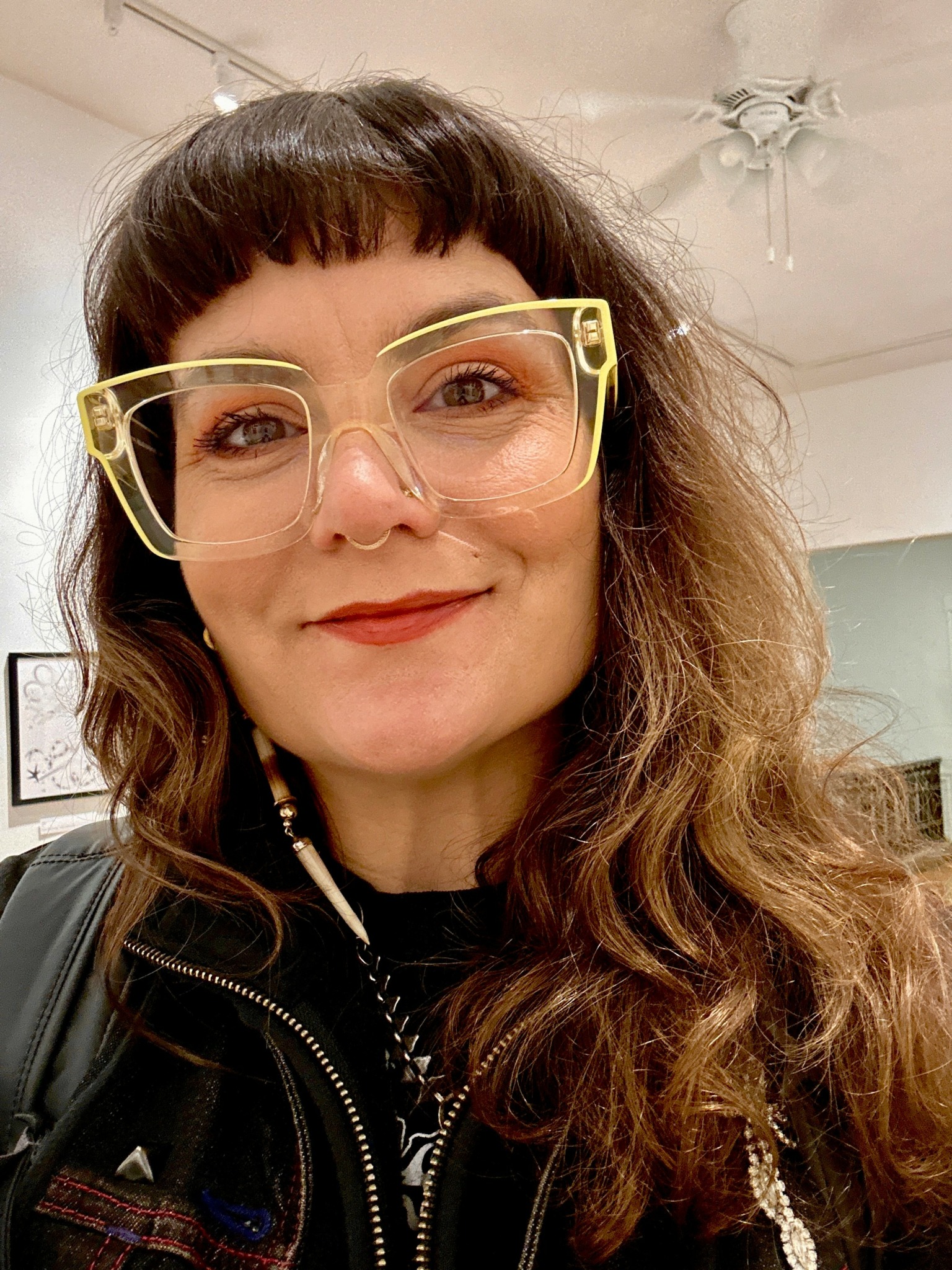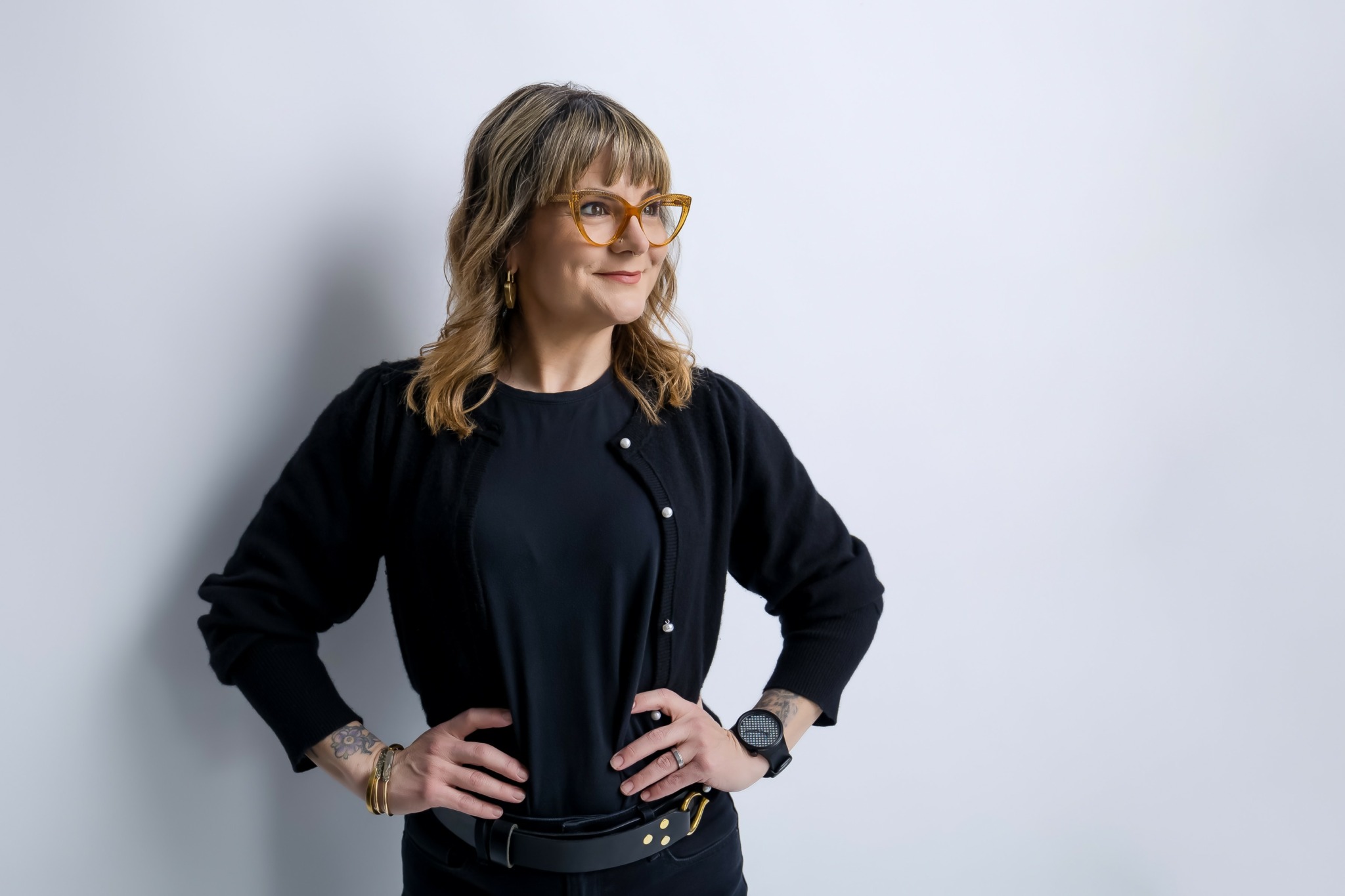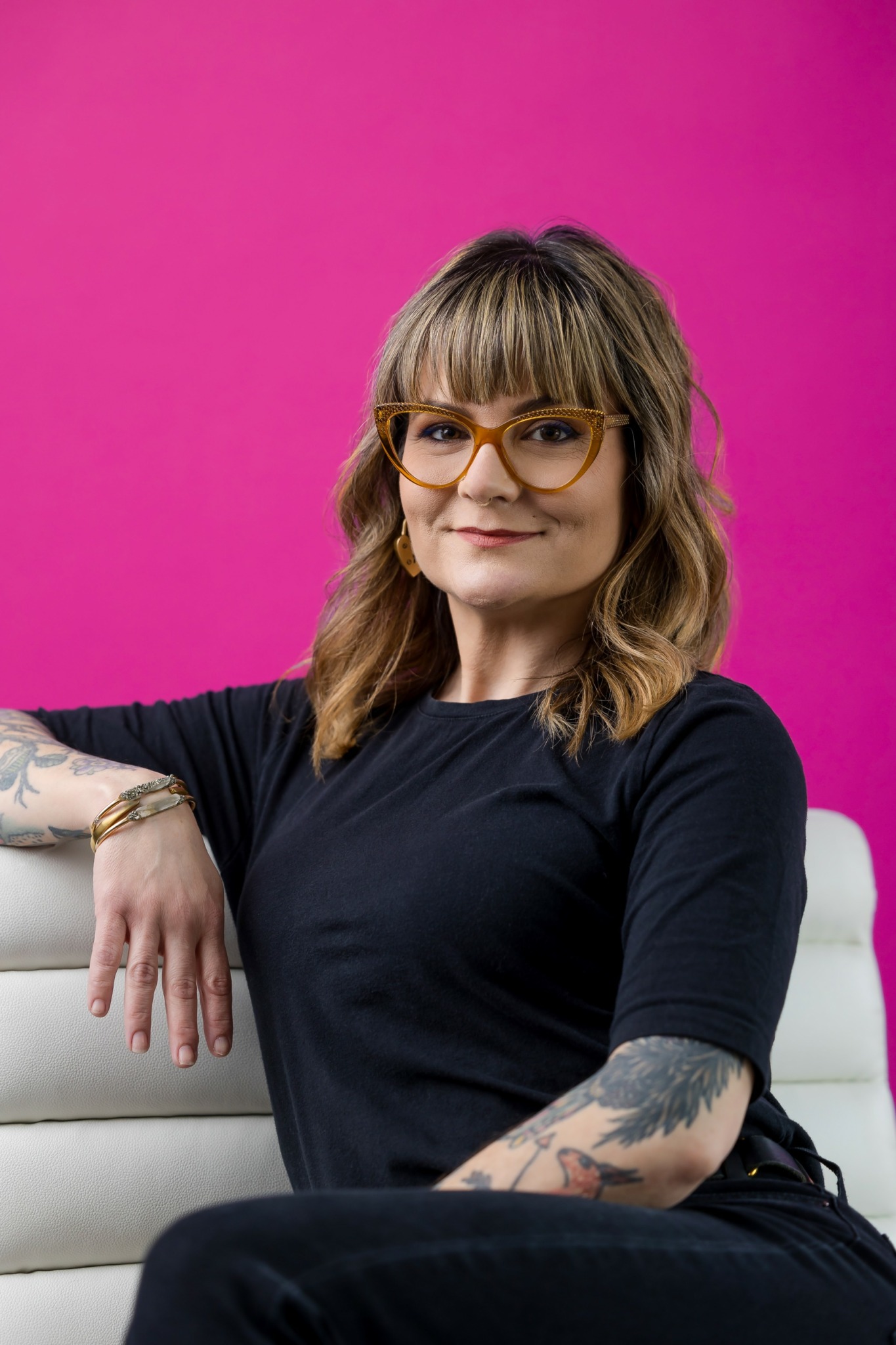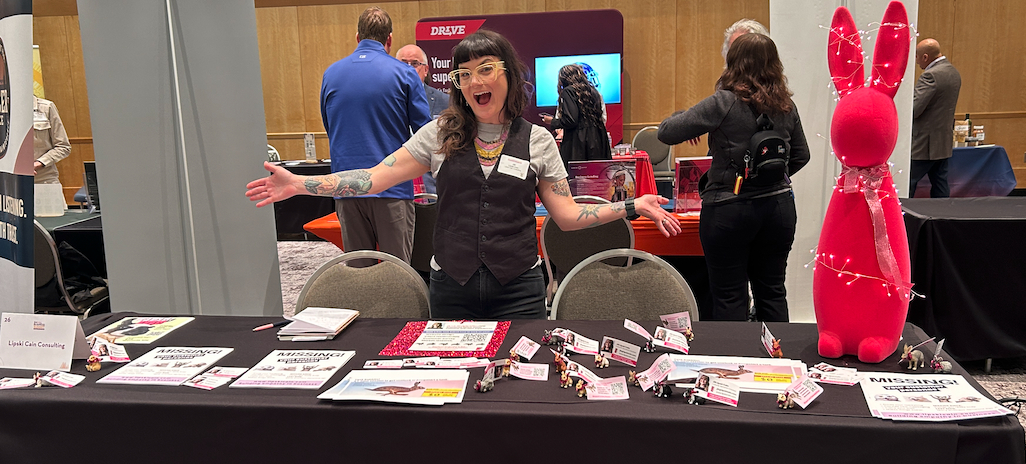We caught up with the brilliant and insightful Jill Lipski Cain a few weeks ago and have shared our conversation below.
Jill, appreciate you joining us today. Please tell us about starting your own firm and if you’d do anything different knowing what you know now.
There are three reasons why I started my own firm.
One, I felt a gnawing tension between where I was and where I needed to be. Despite the hallmarks of financial security: good salary, insurance, retirement plan, etc. I was uncomfortable, stifled, and unsatisfied. After 20 years of working for employers, especially in the last two years of it, I felt like I was meant for something bigger and more profound – something that I could birth from my own vision and see to it the way I prefer to work.
Two, I proved to myself that I could get clients on my own. I went after – and won – a contract for freelance work. While it wasn’t enough to quit my day job, the confidence and autonomy I felt was invaluable.
Three, I had quit my job without a plan – at age 43 with all the complexities of family, health, and financial needs. I later found an old journal entry with the prompt, “What’s a badass thing to do?” I had written, “Quit without a backup plan and figure it out.” Muhahhahaha. I had written my own future. But, mostly, the job market for user and experience designers was garbage at the time. So, I decided instead of groveling on LinkedIn, I’d rather spend that energy creating opportunities and finding people who value human connection in their work.
For about a month after quitting, I was in shock and intensely stared inward at the parts of me that needed direction. In my sub-clinical catatonic state, I managed to take baby steps to launching my own firm. First, I converted my UX portfolio into a “I’m a consultant” business website. Second, I wrote a wish list of what I wanted to see when I opened my email: connections with real people with whom I am doing business – not the fake job openings that fueled my anxiety. Third, I did big girl business steps: I applied for an LLC with my state, opened a business bank account, got help from free small business resources, printed business cards, asked for introductions to ideal clients, and hired a business coach. My first meeting with my coach was me crying and then asking, “Can I be a consultant for unconventional business owners and creatives?” She said that I absolutely could and I decided to believe her – and in myself.
A challenge in the beginning was marketing without rambling on about my skills and work experience. I think I was afraid of being definitive for the sake of clarity. While I felt that way, I pressed on and accepted the help of tried-and-true strategies for marketing and packaging my offerings. I’m still working through this challenge, but because I take a relationship-building approach to marketing, I leverage those conversations to get to clarity about a business owner’s needs and how I can solve them.
Another challenge is the mental and emotional tilt-a-whirl of having no income but a ton of ambition and freedom. I’d go from wanting to just get a job somewhere to twirling with excitement about an opportunity. And then flat on the couch because I got ghosted. Only to rise again when an opportunity comes through, and then crashing hard after the rush of winning another contract. That was solidly my first year on my own.
My advice to anyone starting their own business or entrepreneurial journey is three parts: go slow enough that you’re able to learn from it and regulate your nervous system. For example, you may be new at figuring out your own bookkeeping or contracting process, but rushing through it only makes you more anxious and likely to set up things incorrectly. Go slow to go faster later. The other part of the advice is to move forward to what you want, even when there’s discomfort. You may not want to network, so figure out why you don’t like it, and then figure out what you may like about it – or, better yet, what you want out of it. Then, when you find yourself in ho-hum networking events, leave and go find ones that inspire you. It’s not the act of networking; it’s the lack of purpose that sucks. And lastly, if you don’t like marketing and sales, remember that we’ve been shown terrible examples of pushy, shame-based marketing tactics because capitalism. Instead, trust that people want what you have to offer – you just need to genuinely connect and make it easy for them to hire you.

As always, we appreciate you sharing your insights and we’ve got a few more questions for you, but before we get to all of that can you take a minute to introduce yourself and give our readers some of your back background and context?
As an experience design consultant, I help businesses and creative teams build empathy into the touchpoints between the business or event and the way that customers, clients, or attendees feel, think, and do. If the experience falls short of expectations or it’s confusing, takes too much effort, takes too long, etc. customers will bail. If it’s good, it means people feel taken care of – and that does wonders for your business and retention.
Common issues that I solve for with clients are opportunities to improve alignment between brand intention and actual experience, smoothing out the user journey on the website or app, and increasing in-person hospitality and interactions. To solve these, I serve as a project lead, fractional team member, or as a coach. I start with empathizing with my client and their context, then do a deep discovery with their customer or fan base surveys, interviews, and focus groups to emerge insights that help us prioritize which improvements or new experiences to design and test before launch.
Rather than niching into an industry or type of experience, I niche into the connection between emotions and business. For example, I worked with a brewery to help them better understand their customers’ needs and motivations so that they could know where to invest in taproom improvements. I also designed a comprehensive survey of attendees at a horror film convention to help the organizers increase engagement and align merchandise vendors with audience preferences. My coaching clients and I work on building empathy into their authentic marketing and sales processes. The through line is that no matter how good your product, service, or art is, the steps that someone takes to experience it needs to be just as good.
I’ve been a consultant since 2010, where the majority of my work has been evaluation and strategy work for nonprofits, foundations, schools, and government agencies. At some point along the way, I thought businesses and creative teams, like touring bands, could use insights and strategy about who they impact and serve. I let that thought go for a few more years until I pivoted into user experience and stumbled into customer experience – a few dial stops from where I started is how I found the purpose of my firm: to build empathy in how business is done.
I’d like people to know that I’m an optimist. I believe in the future of your business or creative venture, and I will help you make that a reality through intentionality, empathy, and good data. My approach is to be a critical friend, so to speak, where I get you, but I will also help you see what you need to do, and help you avoid doing things that don’t make sense for your customers or fans. I also just love people and community – I’m inspired when we can connect good business with improving social and economic conditions of where we call home.

Can you share one of your favorite marketing or sales stories?
How about the time I was waiting for someone to show up for a coffee meeting to network, only to strike up a conversation next to me with the creative director for a brand I’d been fond of for years. He, the creative director, and I hit it off on a lot of shared experiences and perspectives on work. He offered to introduce me to the brand’s founder. Say, what?! Yes, after their meeting at the coffeeshop, he’d see if the founder would like to meet me as well. I drank two more cups of coffee while trying to calmly accept whatever was to happen. 45 minutes later, we were introducing ourselves and quickly feeling a mutual connection in our values and vibe. Over the course of a month or so, we met a few times and, voila, they hired me on to help with their customer experience. Oh, and that person I originally thought I’d be having coffee with? No show. It was meant to be – and I was ready for what the universe had planned instead.

Are there any books, videos or other content that you feel have meaningfully impacted your thinking?
Rachel Rodgers’ book We Should All Be Millionaires was like a phoenix rising in my earning potential, inspiring me to take the reins of my financial future as an entrepreneur. She upended so many myths and dispelled the shame we’ve been engrained to believe about money. Her book clearly made the case for the good we can do when we become more wealthy – that earning more means investing more in our communities, donating to campaigns of leaders who reflect our values and identities, and building generational wealth.
Stephanie Evergreen’s newsletter Bearing Fruit is a joy to read for inspiration and strategies for being an entrepreneur. She draws from her own story of leaving an academic job to creating a multi-million dollar consulting and training enterprise on data visualization and evaluation.
Contact Info:
- Website: https://www.lipskicain.com
- Instagram: @lipskicain
- Linkedin: https://www.linkedin.com/in/jill-lipski-cain/



